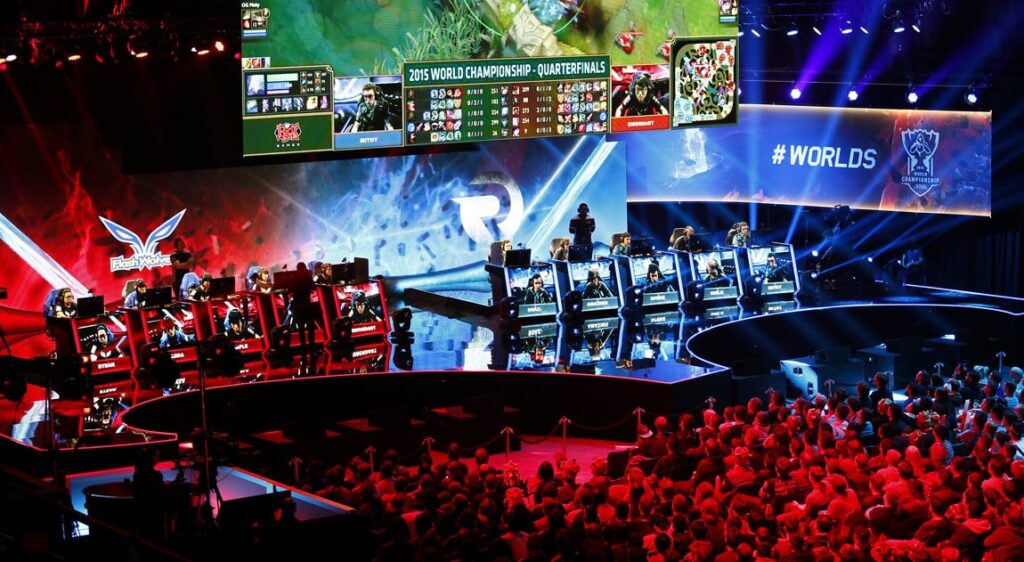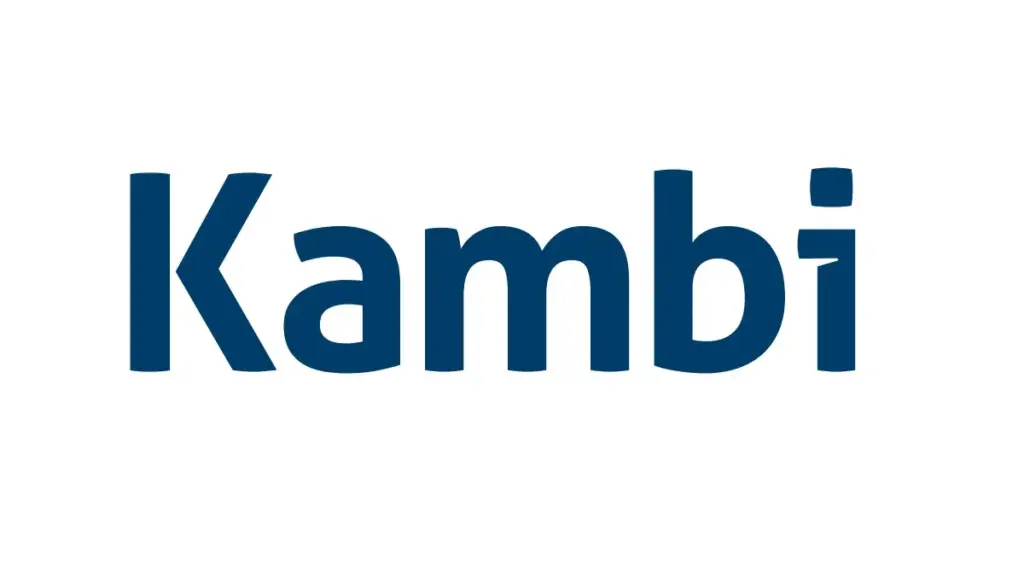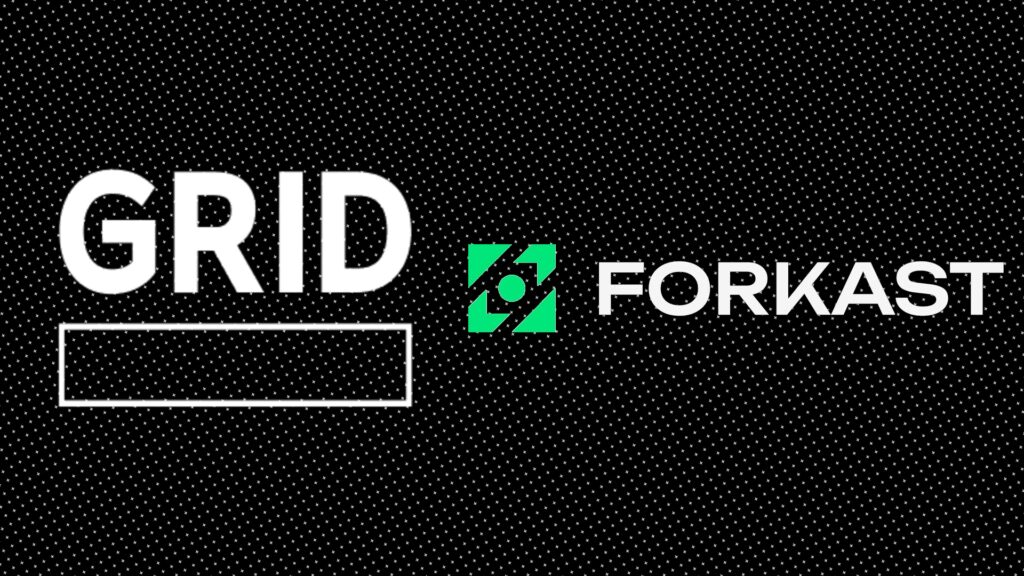Circa Sports Raises Minimum Bet to $10 In Response to Illinois Betting Tax
Circa Sports has announced that it will implement a $10 minimum bet in Illinois from September 1 in response to the tax on betting in the state. This may deter low-stakes esports bettors from using the platform.
Derek Stevens posted the news on his X account, featuring in a video where he states that, “we will not charge a fee on any wager made in the state of Illinois.” Instead, the company will raise the minimum stake, which Stevens claims will “protect the sports bettor”.
After thoughtful consideration, we believe the best course of action for a low-hold, high-volume sportsbook such as @CircaSports is to raise the minimum wager in Illinois. We are reluctant to compromise our best-in-class betting splits or charge our customers a per-bet fee.… pic.twitter.com/hrg5xPHufq
— Derek Stevens (@DerekJStevens) August 15, 2025
The decision follows other sportsbooks that have introduced a minimum bet, including ESPN Bet, Hard Rock Bet, BetMGM, and BetRivers.
Esports Consumers May Feel the Brunt of Illinois Betting Tax
Others have taken a different stance, with DraftKings and FanDuel both passing the fee directly on to the customer. Due to the volume of bets accepted at the two leading sportsbooks, that fee will be $0.50 per bet. Fanatics, meanwhile, will charge users $0.25 due to its lower betting volume.

Esports fans may be most affected by Circa’s change. Image Credit: Towfiqu Barbhuiya/Unsplash
The per-bet wager fees and minimum stakes introduced by sportsbooks will have varying impacts on esports betting enthusiasts, depending on their level of wagering.
For the more casual bettor, who enjoys long-odds esports parlays with small stakes, they will see considerably lower potential returns for the same spend. However, given that the bets are almost always recreational (reflected in the odds), the enjoyment may remain the same.
Where minimum bets are implemented, this may put casual bettors off completely; small wager parlays will no longer be possible (below $10).
For a more proficient gambler who prefers to back single match outcomes with higher comparable stakes, the small fee on each bet will make little to no difference.
Sportsbooks claim the effect will be to send more bettors to offshore sites, where they are not subject to the same restrictions.
Sportsbooks Could See Wager Fee Taxed
The wagering fee introduced by DraftKings, FanDuel, and Fanatics may also be subject to tax. In DraftKings’ Q2 earnings call, CEO Jason Robins commented that he did not think the surcharges should be taxed, stating: “Our position is this was a pass-through and it shouldn’t be taxed.”
The Illinois Gaming Board (IGB), however, has said that companies should declare the wager fees on tax returns. DraftKings and FanDuel will both introduce their fees from September 1.
Robins went on to say that if the fees are taxed, then the company may rethink its strategy and factor the tax into pricing. He stated, “If it ends up being treated as taxable revenue, then there’s really no benefit to do that versus incorporating into the pricing. So that is something that we’d have to consider.”
FanDuel’s parent company, Flutter, also said it may change its policy based on the response by the IGB. Flutter CFO Rob Coldrake commented, “We landed on the transaction fee because it’s easy for our customers to understand, it ties directly to the legislation, and it’s easy to implement from a tax perspective.”
He went on to add, “If there’s a different way it’s perceived by the state, we’ll adjust accordingly.”
Circa Wins Gaming License In Missouri
In other news for Circa Sports, the company was awarded one of two untethered sports betting licenses in Missouri.
The Missouri Gaming Commission (MGC) had been expected to favor DraftKings and FanDuel, the two other applicants for the licenses. However, the gaming regulator decided to go with DraftKings and Circa Sports instead.
CEO Stevens said it was a “great honor” to be given the license, adding, “We came in as the long shot against national giants like DraftKings and FanDuel, but our licensure approval today proves there’s room for a different kind of operator.”
Stevens will hope for similar success when going against the policy of the two major operators in Illinois.














